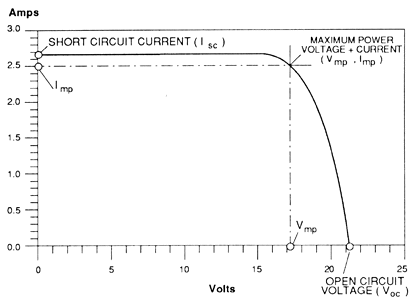Opinions vary, but like I wrote, and without putting words in your typing fingers, you seem to be in at least some agreement with, the odds and failure analysis vs. extended warranty cost to the end user will always favor the offerer. If not, way down at the end of the analysis, a simple question comes up: Why would they offer something for sale that was not to their (the offerer"s) long term benefit ?
Also as you write, not everyone will make the same decision. Amen, and praise the ability to choose. But, my hunch is (and you seem to offer your own preference(s) as example) that the more informed a user is - and that doesn't necessarily mean tech or tool savvy - the less likely they are to be a buyer of extra insurance against product failure.
If, or to the degree that my opinion has any logic in it, if I was product ignorant (as I am about many things) I'd follow the lead of those who I think may know more than I do about the product.
Besides, I've been on the selling side in a prior career as a peddler. I've got some idea of the profitability of the extended warranty game. It's a gold mine and every peddler knows it.
Also as you write, not everyone will make the same decision. Amen, and praise the ability to choose. But, my hunch is (and you seem to offer your own preference(s) as example) that the more informed a user is - and that doesn't necessarily mean tech or tool savvy - the less likely they are to be a buyer of extra insurance against product failure.
If, or to the degree that my opinion has any logic in it, if I was product ignorant (as I am about many things) I'd follow the lead of those who I think may know more than I do about the product.
Besides, I've been on the selling side in a prior career as a peddler. I've got some idea of the profitability of the extended warranty game. It's a gold mine and every peddler knows it.


Comment